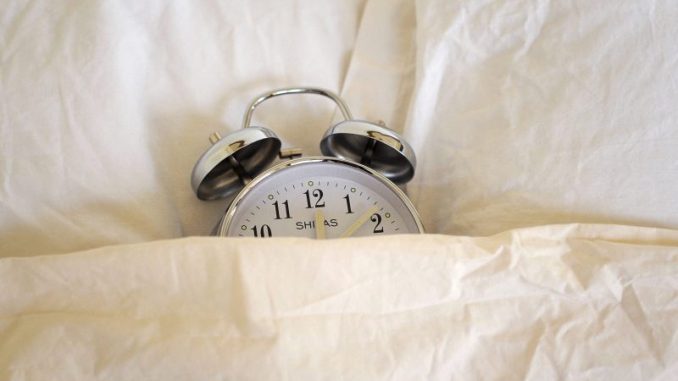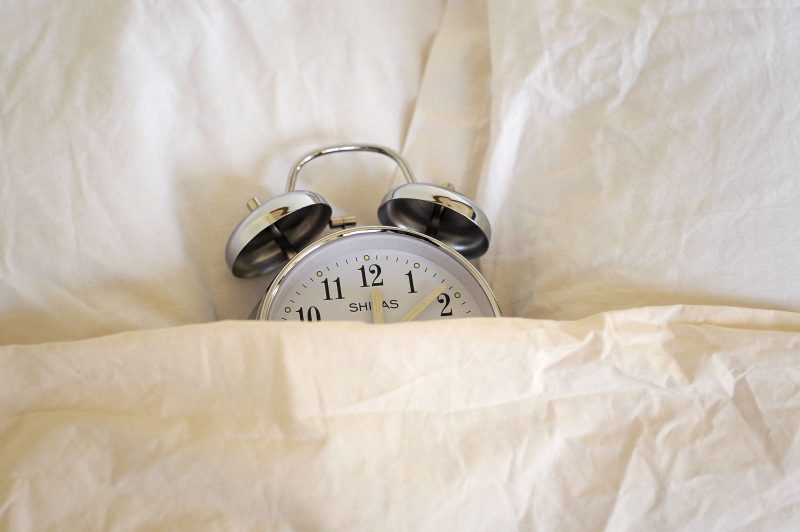

OAN’s Stephanie Stahl
2:32 PM – Friday, November 3, 2023
Clocks will be set back by one hour on Sunday, November 5th for daylight savings time, giving Americans an extra hour of sleep, however, experts suggest that shifting the clocks back and forth could prompt adverse health effects.
Advertisement
Daylight savings time is observed in most of North America and Europe, while it is less common in many other countries, particularly those situated near the equator.
Canada and Cuba will also prepare to turn their clocks back on November 5th, ending daylight savings time. However, there is an ongoing debate in the U.S. regarding whether to abolish this practice as well.
Experts suggest that year-round standard time works best for the natural rhythms of the human body.
The back and forth shifting in time has been shown to increase the risk of heart attacks, strokes, abnormal heart rhythms, sleep disruption, mood disturbances, and even suicide, according to research published in the Journal of Clinical Sleep Medicine.
A neurologist at the Lewis Katz School of Medicine at Temple University noted that the rate of stroke rises eight percent in the spring, calling it a “substantial” jump in comparison to the rest of the year.
“Sleep is essential for promoting cardiovascular and neurological health. Those who are sleep deprived experience headaches, brain fog, memory and concentration issues, and do not make good decisions for themselves because executive function is not at its best,” continued Dr. Leah Croll.
Rebecca Robbins, PhD, an assistant professor at Harvard Medical School and scientist at Brigham and Women’s Hospital adds that having light in the mornings is “beneficial” to the human body.
“Morning sunlight exposure stops the floodgates of melatonin, our sleep hormone, and switches to the wake phase of our circadian rhythm,” Robbins said. “This is important for our brain to say we can start our day.”
Specialists continue to advocate for year-round adherence to the standard time.
For instance, the American Academy of Sleep Medicine (AASM) has established a new alliance to promote state and federal laws that would establish standard time as the permanent time standard throughout the United States. Other participating organizations in this coalition encompass the National Sleep Foundation, Save Standard Time, Sleep Research Society, and the Society for Research on Biological Rhythms.
Only two U.S. states, Arizona and Hawaii, deviate from daylight savings time, opting not to adjust their clocks annually.
Stay informed! Receive breaking news blasts directly to your inbox for free. Subscribe here. https://www.oann.com/alerts

